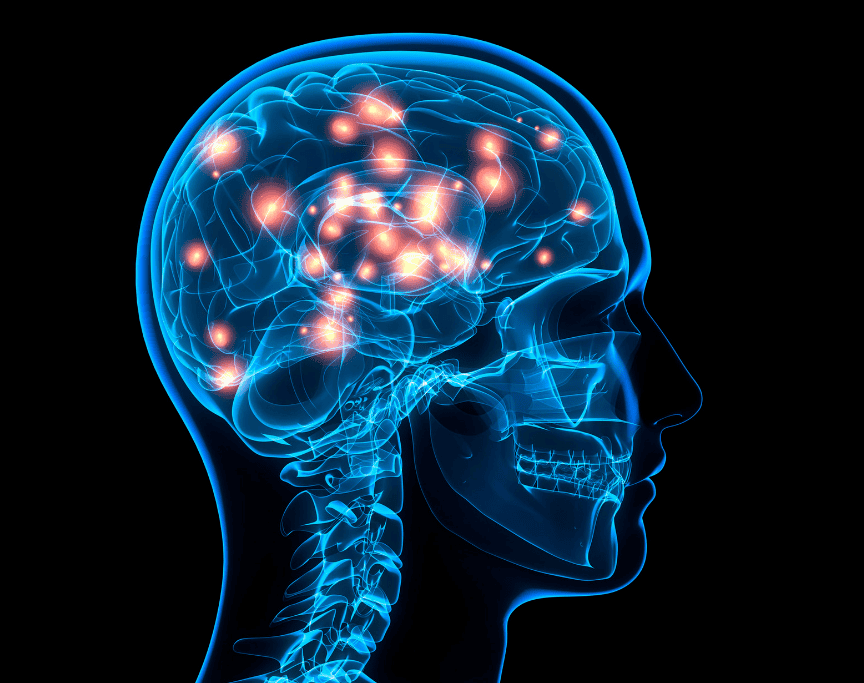All sorts of incidents, such as a fall, a blast, a car accident, etc., can cause a traumatic brain injury (TBI). When one suffers from this type of injury, the first thing to do is to get the person to see the doctor. While a person might not blackout if the injury is caused by a concussion, significant damage can cause the victim to become unconscious for a minimum of thirty minutes.
If the injury was caused by a third party, after seeing a doctor and discussing a treatment plan, it’s advisable to talk to a traumatic brain injury attorney to see how you can get compensation for your injury. While you take this step, ensure that you keep an eye on the symptoms of a traumatic brain injury.
In this article, we’ll discuss these symptoms so that you can look out for them.
But before we go into that, we need to emphasize the need to see a doctor for a complete check-up immediately after securing a blow to the head. Even if the person or you, as the victim, came out unscathed, it doesn’t mean all is well. Sometimes, these symptoms show up after you’ve calmed down, as the adrenaline rush might protect you from feeling the symptoms or pains.
With that said, here are the symptoms of a traumatic brain injury:
Loss of Consciousness
In several cases, when one suffers a TBI, they end up losing consciousness. The duration might be very brief, or it might be long. Regardless of the duration it lasted, you need to see a doctor once you experience this, even if you feel fine. Documenting this initial symptom in your medical report can serve as evidence in the future when you suffer other symptoms and need to file a damage claim.
Physical Effects
Brain damage that occurs after a TBI cannot be undone; instead, it continues to grow worse. As a result, a victim might suffer from constant headaches and seizures.
In fact, studies have shown that brain injury can lead to seizure conditions such as epilepsy and degenerative illnesses such as chronic traumatic encephalopathy and Alzheimer’s. You can check this out to discover the connection between TBI and epilepsy.
Cognitive Difficulties
Neurons in the brain can get damaged during an injury, thereby losing their functionality. Since these cells do not repair themselves, they end up dying, which in turn reduces the brain’s cognitive functions. As such, the victim might experience:
- Disorientation or confusion
- Difficulty focusing
- Difficulty communicating
- Memory impairment
- Decreased reasoning ability
Sensations and Responsiveness
Our brains are responsible for interpreting the sensations our body receives and determining how we respond. You can read this article to learn more about the brain and how it works.
When brain damage occurs, interpreting these processes becomes difficult. As a result, the victim can misperceive and be unresponsive to the happenings around them. Traumatic brain injury victims might experience the following:
- Changes in senses
- Difficulty balancing
- Trouble swallowing and/or speaking
- Eyesight problems, including blurry vision
Mood and Behavior Changes
After a traumatic brain injury, an individual can experience changes that affect their internal sensations. They might feel like they are a different person. Other changes they might experience include:
- Inability to control strong emotions and reactions
- Mood disorders, mainly anxiety and depression
- Irritable feelings
All these symptoms and changes can affect a person to the point where it becomes difficult to keep their jobs, sustain relationships, and enjoy activities they once loved. In such situations, if you’re the victim or related to the victim, you have the right to file a personal injury claim against the liable party. All these changes, damages, losses, and bills will be charged against the liable party. You’ll need to hire a brain injury lawyer to help you through the process.


